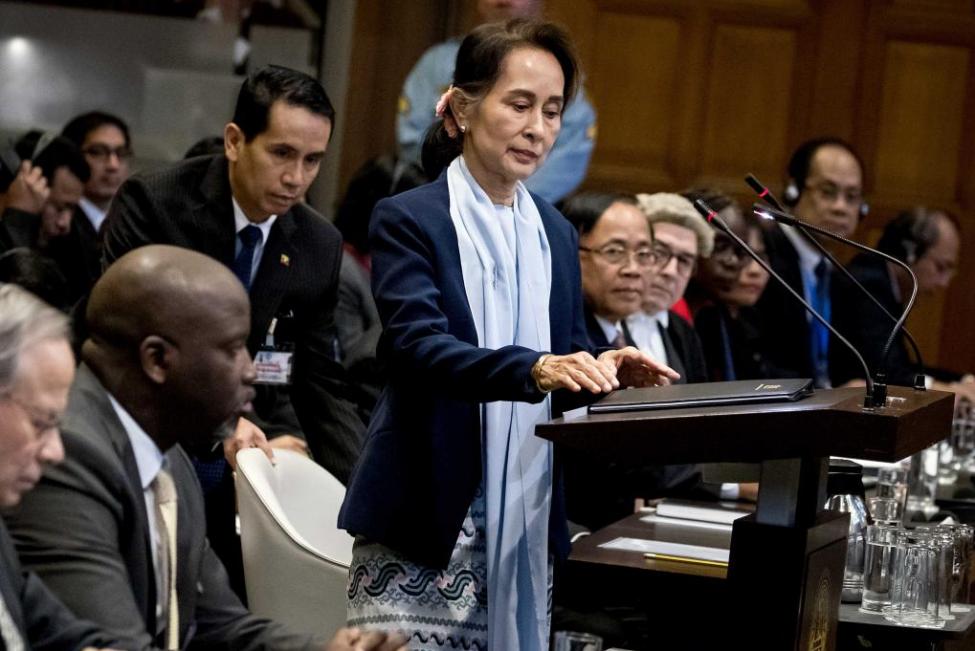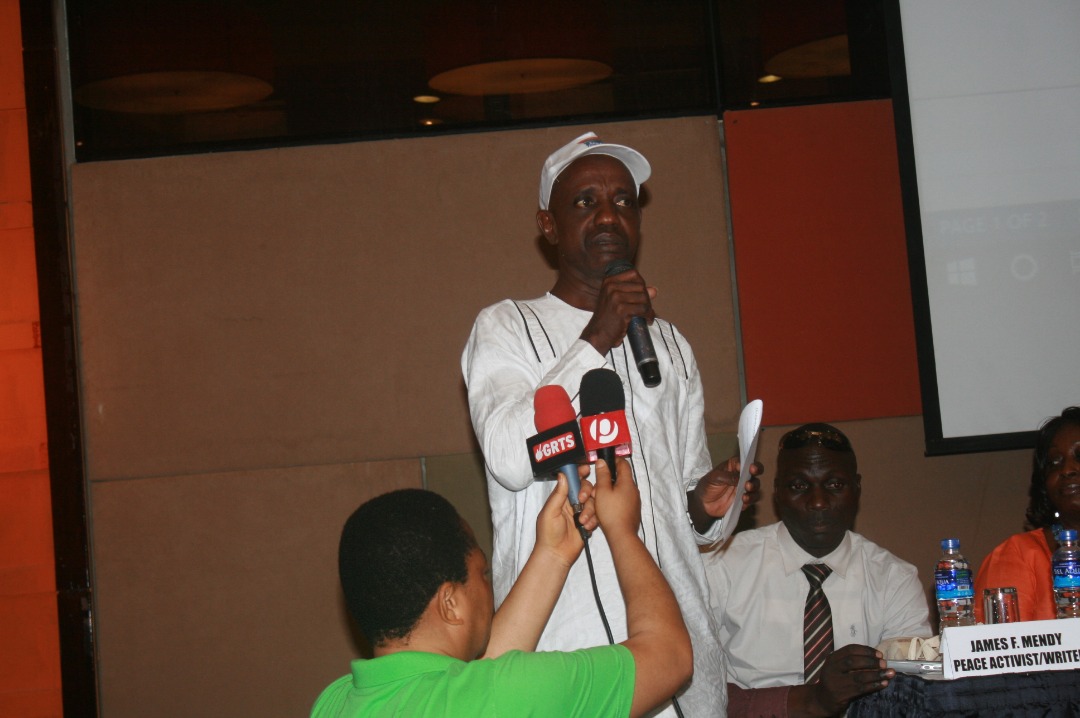In the second round of observations before International Court for Justice in Hague, Gambia’s Attorney General and Minster of justice, Abubacarr M Tambedou, requested in pursuant to Article 41 of the statue of the court, to indicate the provisional measures which are directly linked to the rights that form the subject matter of dispute pending its determination of the case on the merits.
“The Gambia’s request for provisional measures falls squarely within the genocide convention we have shown that the rights of the Gambia that we are seeking to protect are plausibly connected to the measures requested and we have amply demonstrated urgency and risk of reparable harm,” Mr Tambedou said on Thursday.
“The Gambia urges this court as the guidance of our moral and legal compose under the convention to indicate the requested provisional measures,” he added.
On November 11, Gambia with the backing of the 57 members of the Organisation for Islamic Cooperation, filed a case with the court alleging that the Myanmar military’s atrocities in Rakhine State against Rohingya Muslims violate the Convention on the Prevention and Punishment of the Crime of Genocide. On November 20, Myanmar recognized being bound by the ICJ Statute and announced that its de facto leader, Aung San Suu Kyi, would lead the delegation to “defend the national interest of Myanmar.”
The justice minister said the situation of the Rohingya in Myanmar is dire evidence from various UN bodies and independent human rights organisations, clearly established the urgent and eminent risk of the recurrences of genocide that they face, saying the lives of these human beings are at risk.
“The Gambia may not be a neighbouring state but it has a kneen and special interest in seeing that no group of people including the Rohingya suffer genocide. As a state party to the genocide convention, the Gambia has come to this court to protect its rights under the convention to ensure that parties’ obligations undertaken by Myanmar under the convention are fulfilled.”
Gambia’s justice minister said the obligations not to commit genocide and to prevent any genocide are “owed to the Gambia and indeed to all other state parties to the convention.”
The Gambia, he said has been open about its dispute with Myanmar even at successive sessions at the UN general assembly, adding that they openly welcome support for the effort from other states including member states of the OIC.
The case will be the first international legal attempt to bring Myanmar to justice over the Rohingya crisis, and is a rare example of a country suing another over an issue to which it is not directly a party. Both Gambia and Myanmar are signatories to the 1948 Genocide Convention, which not only prohibits states from committing genocide but also compels all signatory states to prevent and punish the crime of genocide.
He said The Gambia is proud to have the diplomatic and political support of the other 56 member states of the OIC and of other supportive states like Canada and the Netherlands.
He however refute claims from the defence side which suggest that Gambia’s move is initiated by OIC and the UN, saying the Gambia in its sovereign capacity pursues the case against Myanmar.
“It was the Gambia alone that send the verbal note to Myanmar to clearly spell out the nature of this dispute and put Myanmar on notice. And it was the Gambia alone that has filed the application and request for provisional




